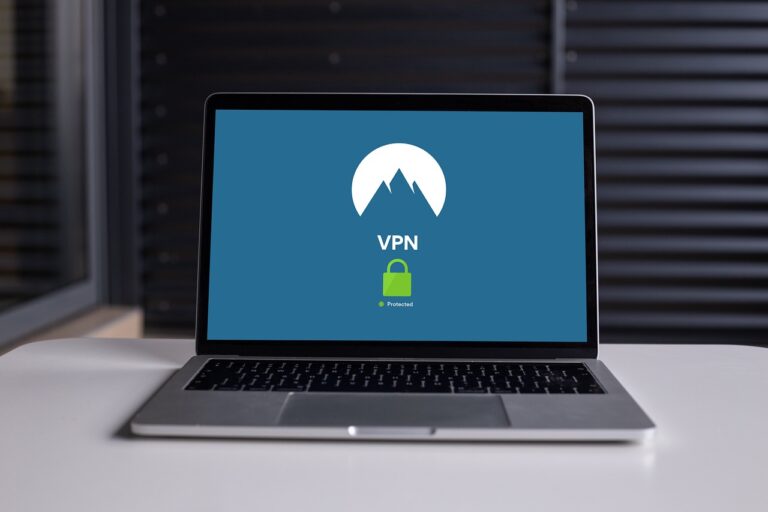Exploring the Potential of Solar Photovoltaic Technology
betbhai com whatsapp number, playexch, lotus365 in login password: Exploring the Potential of Solar Photovoltaic Technology
Solar photovoltaic (PV) technology has been making waves in the renewable energy industry in recent years. With advancements in technology and decreasing costs, solar PV has become a popular choice for both residential and commercial applications. In this article, we will explore the potential of solar PV technology and how it can revolutionize the way we produce and consume energy.
The Basics of Solar Photovoltaic Technology
Solar PV technology converts sunlight into electricity using semiconductor materials. When sunlight hits the solar panels, it excites electrons in the semiconductor material, creating an electric current. This electricity can then be used to power homes, businesses, and even entire communities.
The Advantages of Solar Photovoltaic Technology
There are several advantages to using solar PV technology:
1. Renewable Energy Source: Sunlight is an abundant and renewable resource, making solar PV a sustainable energy source.
2. Reduced Energy Costs: By generating your own electricity with solar PV, you can reduce or even eliminate your electricity bills.
3. Low Maintenance: Solar PV systems require minimal maintenance, with most systems only needing occasional cleaning to ensure optimal performance.
4. Environmental Benefits: Solar PV produces clean energy with no emissions, helping to reduce greenhouse gas emissions and combat climate change.
5. Energy Independence: Solar PV allows you to generate your own power, reducing reliance on the grid and fluctuating energy prices.
6. Long-Term Investment: Solar PV systems have a long lifespan, typically lasting 25 years or more, providing a reliable source of electricity for decades to come.
The Future of Solar Photovoltaic Technology
As solar PV technology continues to advance, we can expect to see even more benefits and applications in the future. Some of the trends shaping the future of solar PV include:
1. Increased Efficiency: Researchers are constantly working to improve the efficiency of solar PV cells, allowing for more electricity generation from the same amount of sunlight.
2. Energy Storage: Integrating energy storage solutions with solar PV systems can help overcome the intermittent nature of solar power, allowing for round-the-clock electricity production.
3. Smart Grid Integration: By connecting solar PV systems to a smart grid, electricity production can be optimized to meet demand in real-time, enhancing grid stability and reliability.
4. Solar Farms: Large-scale solar PV installations, known as solar farms, are becoming more common, providing clean energy to communities and utilities on a larger scale.
5. Building-Integrated PV: Solar PV technology can be integrated into building materials such as roofing tiles and windows, allowing for seamless integration into new construction projects.
6. Off-Grid Systems: Solar PV systems combined with energy storage can provide reliable electricity to remote or off-grid locations, helping to improve energy access worldwide.
FAQs
1. How much does a solar PV system cost?
The cost of a solar PV system depends on the size of the system, location, and incentives available. On average, a residential solar PV system can cost between $10,000 to $40,000 before incentives.
2. How long do solar PV systems last?
Solar PV systems have a lifespan of 25 years or more, with most systems still producing electricity long after that time frame.
3. Do solar panels work on cloudy days?
While solar panels are most effective in direct sunlight, they can still generate electricity on cloudy days, albeit at a reduced efficiency.
4. Can I sell excess electricity back to the grid?
Many utilities offer net metering programs, allowing solar PV system owners to sell excess electricity back to the grid and receive credits on their electricity bills.
5. Are there any incentives for installing solar PV systems?
There are various incentives available for installing solar PV systems, including federal tax credits, rebates, and net metering programs offered by utilities.
6. Can I install a solar PV system on my own?
While it is possible to install a solar PV system on your own, it is recommended to hire a professional installer to ensure the system is installed correctly and safely.
In conclusion, solar PV technology has the potential to transform the way we produce and consume electricity, offering a sustainable and cost-effective energy solution for the future. As technology continues to advance and costs continue to decrease, we can expect to see even greater adoption of solar PV in the coming years. Whether you are a homeowner looking to reduce your energy bills or a business seeking to improve your sustainability, solar PV technology offers a bright future for clean energy production.







